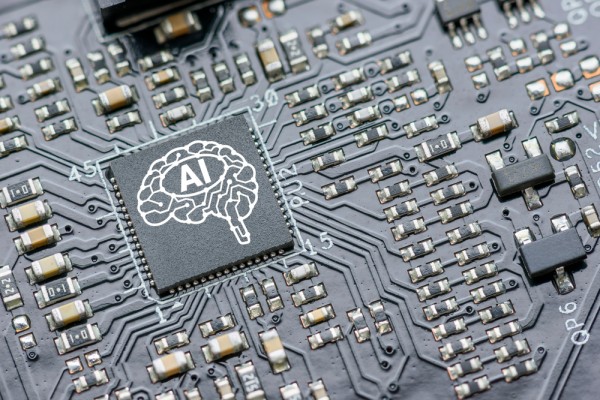Godfather of AI quits Google, and other AI developments
02/05/2023 | The Guardian
One of the world's leading artificial intelligence (AI) pioneers, Dr Geoffrey Hinton, who in 2012, built the first neural network with two of his students at the University of Toronto, has decided to resign from his position at Google, citing the "existential risk" of general artificial intelligence if it becomes more intelligent than us. "I've come to the conclusion that the kind of intelligence we're developing is very different from the intelligence we have," he said. "So it's as if you had 10,000 people and whenever one person learned something, everybody automatically knew it. And that's how these chatbots can know so much more than any one person."
Now 75, Hinton said that he regrets his contribution to the field and has quit in order to warn about AI's dangers. In an interview with the New York Times, Hinton believed Google had been a "proper steward" of AI, but this has changed now that Microsoft started incorporating AI into its Bing search engine.
An Open Letter signed, now signed by 27,565 artificial intelligence experts, researchers and industry leaders, including Elon Musk and Steve Wozniak, calls for a moratorium on developing and training large AI systems.
In related news, the French data protection authorities' digital innovation laboratory, LINC, has published a series of articles focusing on the technical and legal risks associated with generative AI. in a similar vein, IBM has published a white paper: A Policymaker's Guide to Foundation Models. The paper outlines what policymakers should do to protect against the economic and societal risks posed by generative AI. According to a report in The Wall Street Journal (£), companies are testing generative uses now. Goldman Sachs Group Chief Information Officer Marco Argenti said, "I honestly don't think that it's going to be years. It feels more like months," he said of an implementation timeline.
On a more positive note, Venture Beat reports Private AI has released PrivateGPT, a tool that automatically redacts personal information from user prompts.
(Translate to English: Google Chrome, Mozilla Firefox, or Microsoft Edge)

What is this page?
You are reading a summary article on the Privacy Newsfeed, a free resource for DPOs and other professionals with privacy or data protection responsibilities helping them stay informed of industry news all in one place. The information here is a brief snippet relating to a single piece of original content or several articles about a common topic or thread. The main contributor is listed in the top left-hand corner, just beneath the article title.
The Privacy Newsfeed monitors over 300 global publications, of which more than 6,250 summary articles have been posted to the online archive dating back to the beginning of 2020. A weekly roundup is available by email every Friday.

